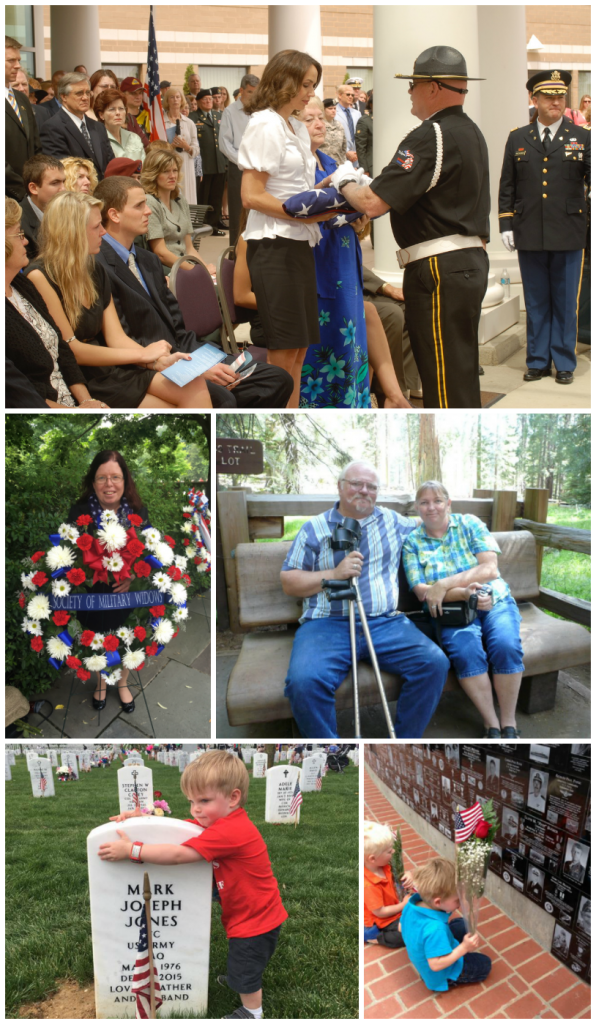By Janine Boldrin, Managing Editor, Military Spouse
Imagine the worst happens. The person you have loved, your service member spouse, dies. Maybe you have been married for ten years. Or maybe you have been married for fifty years. But you navigated the craziness of military life together only to be told you need to forfeit your Survivor Benefit Plan, the money meant to help you survive this time. This was a part of your deceased service member’s well-planned safety net for you, and the government has yanked it away at your most fragile moment.
It’s called the Widow’s Tax. But it’s not a tax.
Learn more about it here. The date on the article: 2016. But you’ll find articles and editorials on this topic for many years. No one has solved the problem beyond slapping band-aids on it.
No one is getting rich off of the government here. We’re talking widows and widowers whose lives could be greatly impacted by losing the up-to-$15,000 a year in payments they should be (but aren’t) receiving. And the widows and widowers behind trying to correct this error, they are only asking that we change it from now forward. They are not asking to get the hundreds of thousands of dollars back that some of them are owed. You read right: widows and widowers fighting for money that is owed to them.


Why hasn’t this problem been solved?
There are about 64,000 surviving spouses who are impacted by the Widow’s Tax. It’s a relatively small group, and that makes solving the offset harder because it can be easily dismissed.
These military spouses didn’t come from a generation of hashtags. They didn’t have the Internet to organize as a group for some time. They were in a Widow’s Fog when it came to sign papers. And, when they learned about this offset, they probably thought it would be quickly remedied because: why would anyone think two programs that are entirely not related would require forfeiting monies for an annuity they paid into for years? It certainly wasn’t mentioned when their spouse paid into it.
No. They were not told.
According to the Military Officers Association of America (MOAA), a strong supporter of repealing the SBP-DIC offset: No other federal surviving spouse is required to forfeit his or her federal annuity because military service caused his or her sponsor’s death. Additionally, the offset does not apply to surviving military children. Only to the spouse.
Oddly, it also does not apply to widows or widowers who remarry on or after the age of 57.
In fact, the whole situation is odd and why it hasn’t been fixed, that’s the oddest part of all.
These military spouses have been waiting long enough. Now we must all get behind them. #repealwidowstax
This is the call to action!
Call Senators and ask them to cosponsor SA2411 an amendment to the Defense Budget Bill for 2019 with language identical to S.339. This amendment has the same language as S.339. This would eliminate the Widow’s Tax, which is the only insurance one purchases and then is legally prohibited from collecting. This impacts all active duty line of duty deaths and disabled military retirees who purchased SBP, whose SBP is reduced dollar for dollar by DIC, indemnity compensation paid by the VA as a small reparation and to indemnify or hold harmless the government for causing the death.
Here’s how to contact your Senator.
It is important that you not wait. If you spend time reading about Widow’s Tax, you’ll realize now is the time to act.

